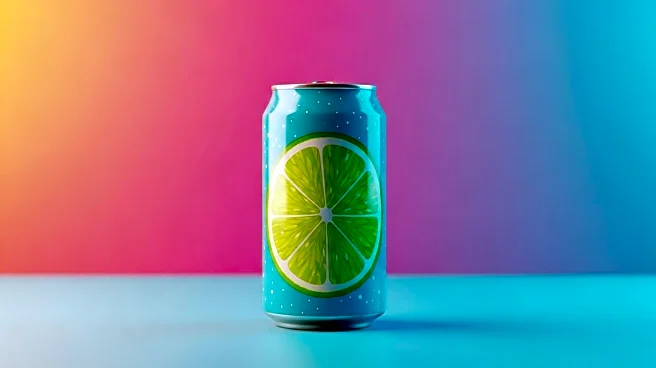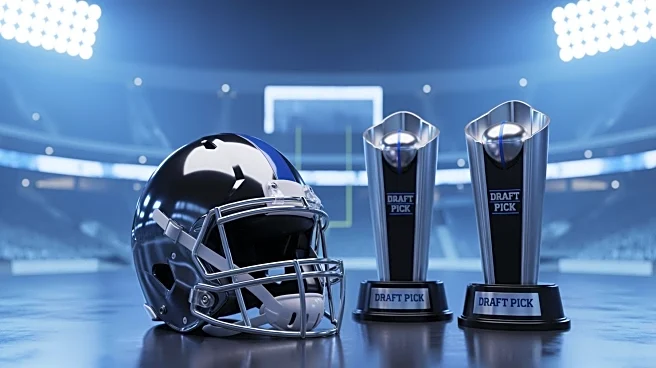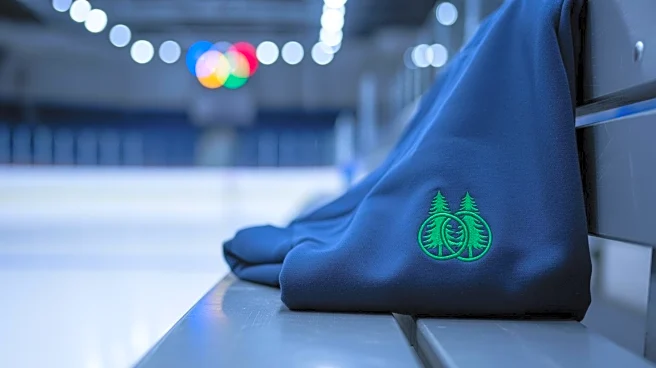What is the story about?
What's Happening?
Coca-Cola has announced the return of Retro Diet Coke Lime to store shelves nationwide starting October 6. Originally launched in 2004 and discontinued in 2018, the flavor has remained available in Coca-Cola Freestyle machines. The reintroduction comes in response to consumer demand for nostalgic products, with the company highlighting the flavor's popularity and its retro-inspired packaging. This follows a similar move earlier this year when Coca-Cola reintroduced Retro Diet Cherry Coke, which was met with significant consumer enthusiasm.
Why It's Important?
The return of Retro Diet Coke Lime underscores a broader trend in the beverage industry where nostalgia is leveraged to boost sales and consumer engagement. This strategy taps into emotional connections and memories associated with past products, appealing to both older consumers and new generations. The limited-time availability creates a sense of urgency and exclusivity, potentially driving higher sales. For Coca-Cola, this move reinforces brand loyalty and showcases their responsiveness to consumer preferences, which is crucial in a competitive market.
What's Next?
Coca-Cola may continue to explore the reintroduction of other discontinued flavors, assessing consumer response to determine future product offerings. The success of these nostalgic releases could influence other beverage companies to adopt similar strategies. Retailers might see increased foot traffic and sales as consumers seek out these limited-time offerings. Additionally, Coca-Cola's marketing strategies may increasingly focus on nostalgia-driven campaigns to maintain consumer interest and differentiate from competitors.
Beyond the Headlines
The resurgence of nostalgic products raises questions about consumer behavior and the psychological impact of nostalgia in marketing. It highlights the balance companies must strike between innovation and tradition. As consumers increasingly seek products that evoke positive memories, brands may need to consider the ethical implications of leveraging nostalgia, ensuring that marketing practices remain transparent and authentic.















